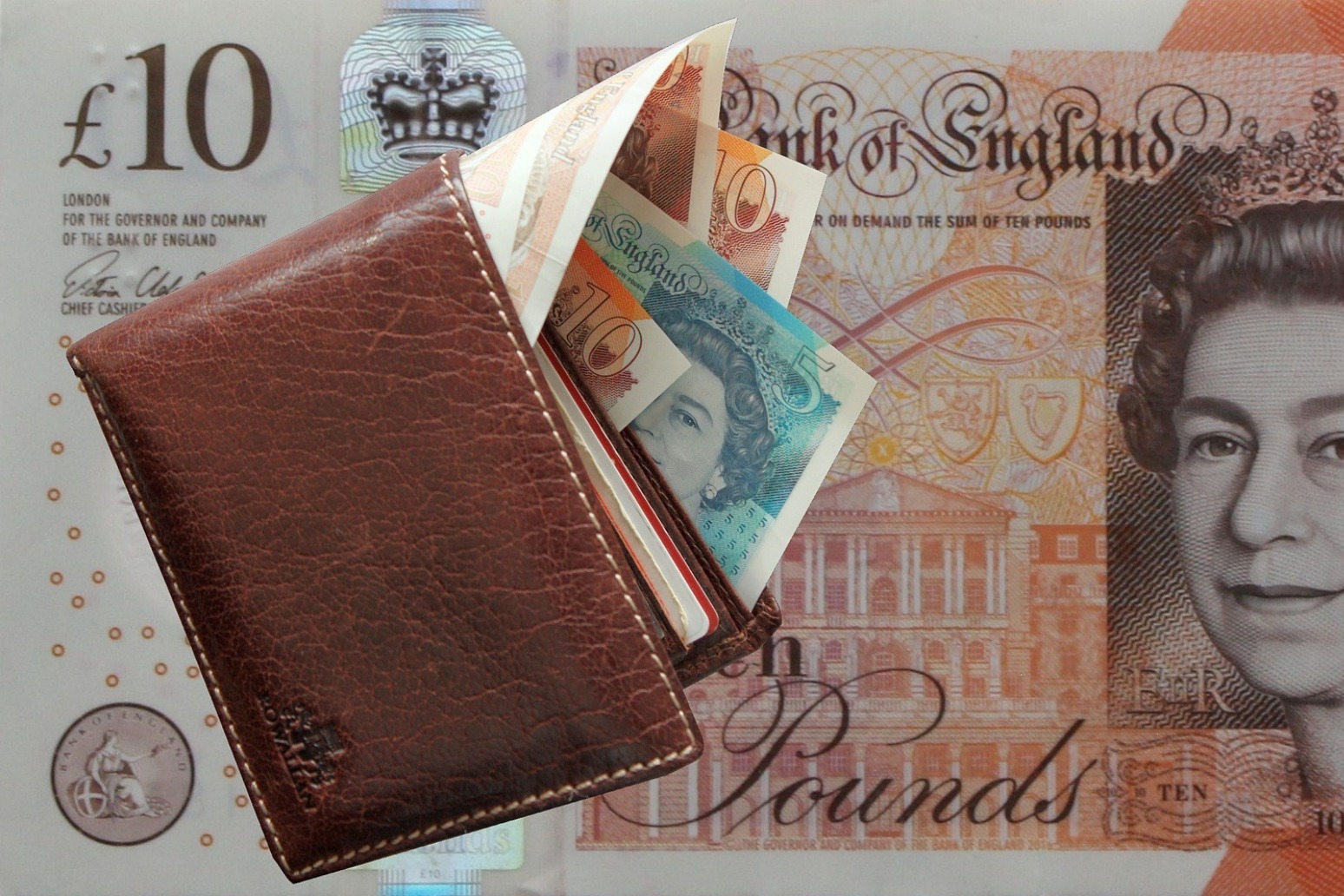
"Bad news everywhere": Sterling held near 2-yr lows
Britain's economic gloom and a fast-approaching Brexit deadline kept sterling near two-year lows on Wednesday, while diplomatic spats with the United States and China highlighted the country's troubled ties with other trade and political partners.
The past two weeks or so have seen a sharply deteriorating outlook for the British currency, which is set for a record 10-week losing streak versus the euro. Against the dollar, it is at its weakest since April 2017, excepting a "flash crash" in January.
"It looks like sterling is managing to find bad news everywhere," said Adam Cole, chief currency strategist at RBC Capital Markets in London.
"Sterling is characterised by fat-tail risks in both directions, but at the moment downside risks dominate."
A raft of dismal data and the risk of crashing out of the European Union without agreeing transitional trade arrangements has forced the Bank of England to change its upbeat assessment of the economy. Its hitherto hawkish stance, at odds with other central banks in the developed world, had been a key source of support for sterling this year.
That was kicked away last week, however, as governor Mark Carney suggested the bank might join peers in cutting interest rates.
Adding to its troubles, Britain has become embroiled in a diplomatic spat with the United States, following the leak of memos about the Trump administration from the British ambassador Kim Darroch.
News of Darroch's resignation on Wednesday had no impact on the pound.
Britain has also locked horns recently with China over pro-democracy protests in Hong Kong, prompting Beijing to accuse London of a "colonial" mindset. Hong Kong was formerly a British colony.
Against the dollar, sterling edged 0.3% higher to $1.2497, just off Tuesday's low of $1.2439. Against the euro , it dropped 0.1% to 89.99 pence.
And on a trade-weighted basis, the currency has fallen to its lowest level this year, Bank of England data shows
ECONOMY AND POLITICS
On the Brexit front, Boris Johnson, the overwhelming favourite to replace Theresa May as prime minister on July 23, has vowed to take Britain out of the EU by an Oct. 31 deadline with or without a transition deal in place.
Johnson has not ruled out suspending, or "proroguing", parliament to prevent it blocking a disorderly Brexit.
"The risk of a no-deal Brexit rose when it become clear Johnson might be the next PM, and nothing Johnson has said has diminished that risk," Cole said.
The Brexit uncertainty has kept the economy under pressure, with recent data such as retail sales and purchasing managers' surveys suggesting a contraction in the second quarter.
The composite UK PMI has slipped into contraction for the first time since mid-2016, data last week showed, a sign the hitherto buoyant services sector is also slowing.
While Wednesday data showed a faster-than-forecast 0.3% growth in May, that did nothing to counter the gloom.
"Yesterday we saw tremendous concerns and honestly the trigger was a minor retail sales publication. If such a minor thing can trigger such a sharp depreciation it shows that there are several reasons for pound sterling weakness," said Esther Reichelt, FX Strategist at Commerzbank in Frankfurt.
"A new prime minister coming up, no solution available or apparent for Brexit, and additionally growth concerns and the market increasingly only pricing in Bank of England rate cuts – of course these are all factors weighing on sterling."
The recent data run, followed by an apparent change in the BOE stance signalled by Carney, has seen markets lean towards pricing in rate cuts, aligning the BOE with other central banks around the world.
All those fears appear finally to be creeping into hitherto-calm options markets, with three-month implied volatility, a gauge of expected currency swings, at a two-week high.
Six-month implied volatility -- encompassing the Brexit deadline -- displays a roughly 3 vol premium over the 3-month option contract, around the highest since May 2016.
Published: by Radio NewsHub